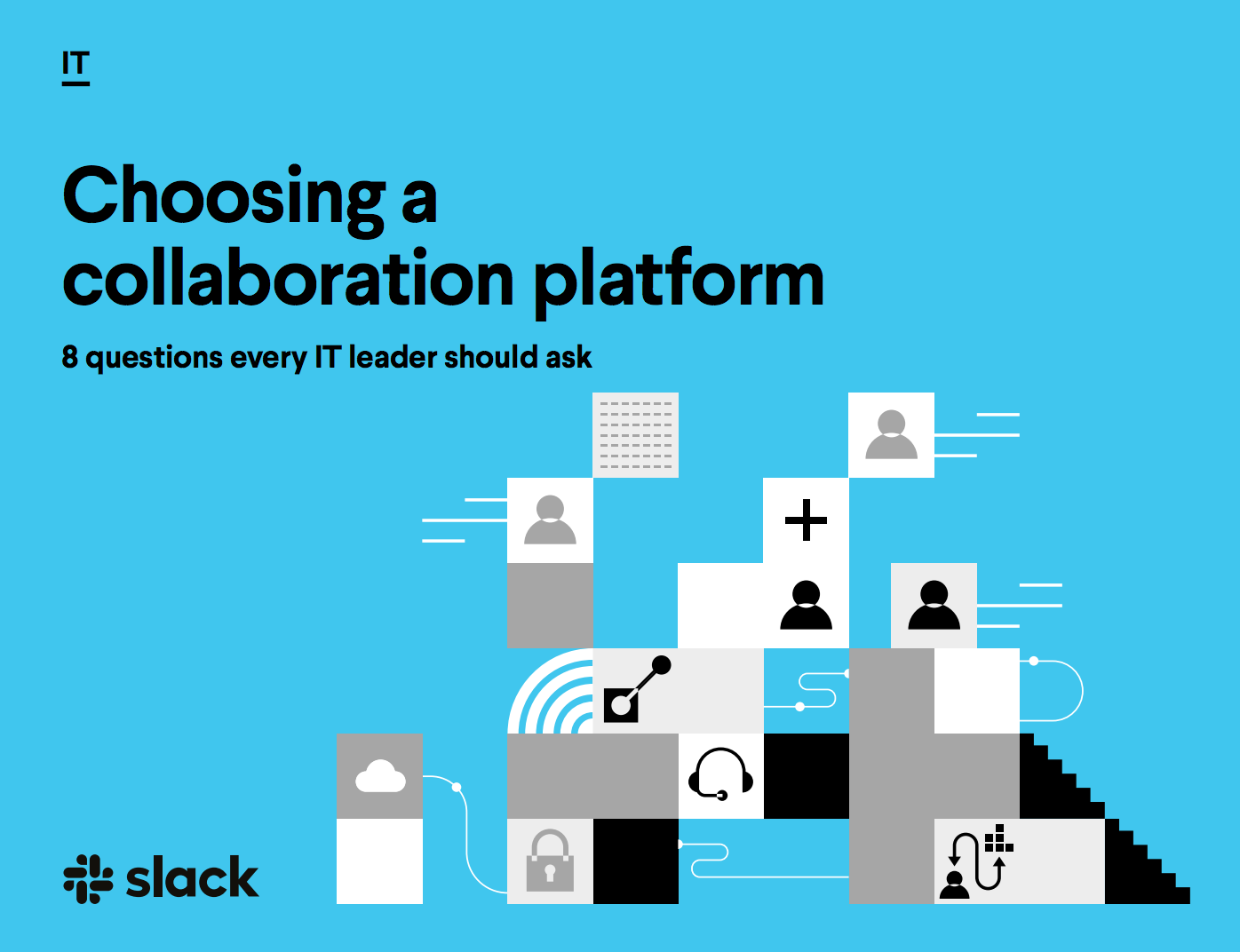Remote workers spend more hours on the job, finds ONS
The study also found that employees working from home earn more and had a lower sickness rate


People working from home during the pandemic spent more time at their job and were less likely to be promoted or receive a bonus, but their average pay was 20% higher.
That's according to the ONS, which has been studying the shift to remote work throughout the pandemic. It found that there’s been a 9.4% increase of people who have completed some work at home, rising to 35.9% of the working population, between 2019 and 2020.
According to the study, those who completed any work from home did six hours of unpaid overtime on average per week in 2020, compared with 3.6 hours for those that never work from home.
Homeworkers were more likely to work in the evenings too and were less than half as likely to be promoted than all other workers between 2012 and 2017. Moreover, those who worked from home were around 38% less likely to receive a bonus compared to those who never worked from home between 2013 and 2020.
Despite this, the average gross weekly pay of workers who had recently worked from home was about 20% higher in 2020 than those who had never worked from home in their main job, something the ONS explained continues a long-running trend.
RELATED RESOURCE

The sickness rate was also 0.9% on average in 2020, compared with 2.2% for those who never worked from home. The working day of homeworkers is longer but also more flexible than those who work away from home, with later and more varied starts and more frequent breaks that are longer too.
The union Prospect told IT Pro that the research matches with the experiences of its own members, and highlighted that remote working has been instrumental in providing flexibility and keeping people safe during the pandemic.
Get the ITPro daily newsletter
Sign up today and you will receive a free copy of our Future Focus 2025 report - the leading guidance on AI, cybersecurity and other IT challenges as per 700+ senior executives
"But for many it has also meant an always-on culture with longer unpaid hours and fewer opportunities to get on at work," said Mike Clancy, the general secretary.
“This is a revolutionary moment for the future of workplaces, but there are too many in business and government rushing into decisions without thinking about long-term consequences and without listening to what workers actually want.
The results of the ONS study come after Prospect called for a legal requirement to be put in place to bring about a “right to disconnect” policy that stipulates when companies can contact their employees when working from home. Prospect said that including this right in the Employment Bill would be a big step in redefining blurred boundaries and show the government is serious about taking on the “dark side” of remote working.
Zach Marzouk is a former ITPro, CloudPro, and ChannelPro staff writer, covering topics like security, privacy, worker rights, and startups, primarily in the Asia Pacific and the US regions. Zach joined ITPro in 2017 where he was introduced to the world of B2B technology as a junior staff writer, before he returned to Argentina in 2018, working in communications and as a copywriter. In 2021, he made his way back to ITPro as a staff writer during the pandemic, before joining the world of freelance in 2022.
-
 CISA issues warning in wake of Oracle cloud credentials leak
CISA issues warning in wake of Oracle cloud credentials leakNews The security agency has published guidance for enterprises at risk
By Ross Kelly
-
 Reports: White House mulling DeepSeek ban amid investigation
Reports: White House mulling DeepSeek ban amid investigationNews Nvidia is caught up in US-China AI battle, but Huang still visits DeepSeek in Beijing
By Nicole Kobie
-
 IT professionals aren’t budging on flexible work demands – and more than half say they’ll quit if employers don’t meet expectations
IT professionals aren’t budging on flexible work demands – and more than half say they’ll quit if employers don’t meet expectationsNews Analysis from Randstad shows 40% of UK-based IT pros have quit over a lack of flexible work options, while 31% of workers globally have done the same.
By Ross Kelly
-
 'The tide seems to be turning towards office attendance': 64% of hybrid business leaders want staff back in the office – but many worry that enforcing RTO mandates will drive employees away
'The tide seems to be turning towards office attendance': 64% of hybrid business leaders want staff back in the office – but many worry that enforcing RTO mandates will drive employees awayAnalysis Many UK business leaders want their staff back in the office more frequently, but they’re scared to implement return to office (RTO) mandates in fear of worker revolts.
By George Fitzmaurice
-
 Employees are dead set on flexible working arrangements – three quarters would turn down a role that didn't offer hybrid options as work-life balance becomes more important than pay
Employees are dead set on flexible working arrangements – three quarters would turn down a role that didn't offer hybrid options as work-life balance becomes more important than payNews New research shows workers are increasingly demanding flexible working arrangements from employers.
By Emma Woollacott
-
 Nearly half of tech workers are seeking new roles – declining employee benefits and reduced flexible working options have staff looking elsewhere
Nearly half of tech workers are seeking new roles – declining employee benefits and reduced flexible working options have staff looking elsewhereNews While salaries are rising for tech workers, other benefits are in decline, leading to a fall in job satisfaction
By Emma Woollacott
-
 Untethered: How CIOs and CISOs are paving the way for the new hybrid workforce
Untethered: How CIOs and CISOs are paving the way for the new hybrid workforceWhitepaper Effective techniques to transition from exposed legacy infrastructure to an effective zero trust strategy
By ITPro
-
 Unified endpoint management and security in a work-from-anywhere world
Unified endpoint management and security in a work-from-anywhere worldWhitepaper Learn how to converge endpoint management and security processes and systems to drive efficiency and reduce risk
By ITPro
-
 How to empower employees to accelerate emissions reduction
How to empower employees to accelerate emissions reductionin depth With ICT accounting for as much as 3% of global carbon emissions, the same as aviation, the industry needs to increase emissions reduction
By Fleur Doidge
-
 Worldwide IT spending to grow 4.3% in 2023, with no significant AI impact
Worldwide IT spending to grow 4.3% in 2023, with no significant AI impactNews Spending patterns have changed as companies take an inward focus
By Rory Bathgate